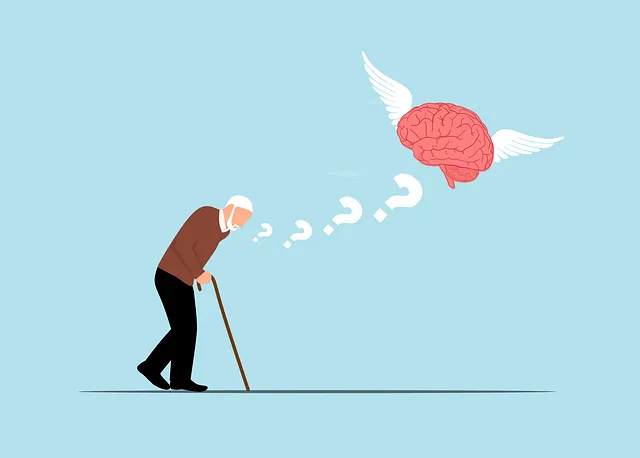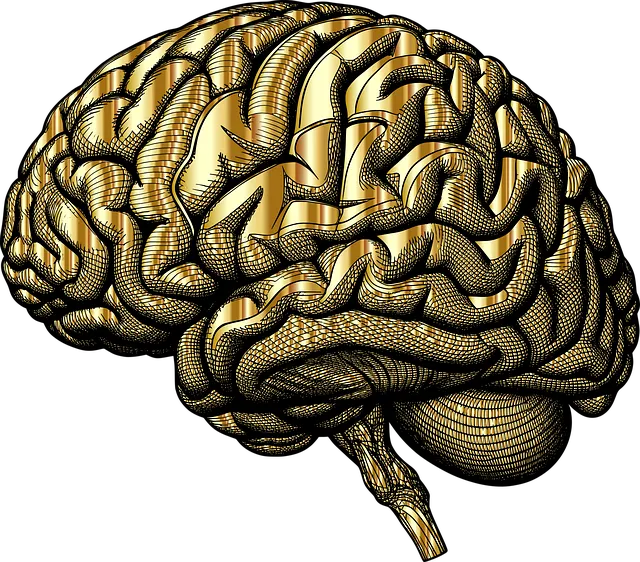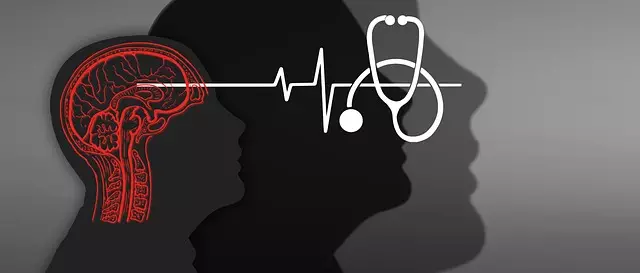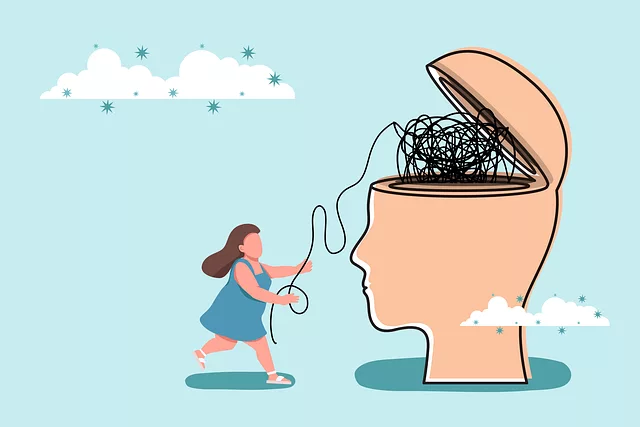Mental health stigma poses a significant barrier to accessing critical support in Northglenn, with individuals often deterred from seeking help. To combat this, a multifaceted approach is required, focusing on education, advocacy, policy reforms, and initiatives that promote mental health understanding. Healthcare providers, like Kaiser Northglenn, play a pivotal role through safe spaces, empathy, and personalized care, challenging societal norms and dispelling myths. Community engagement, including open dialogues, workshops, and awareness campaigns, normalizes conversations about mental well-being and encourages early intervention. Accurate media portrayals can also significantly impact public perception, breaking down barriers and encouraging help-seeking behaviors. Kaiser Northglenn's inclusive services, diverse therapists, and open conversations have enhanced the welcoming perception of mental healthcare, making it easier for residents to prioritize their psychological well-being, with good reason, given the high-quality care provided by its therapists catering to various needs and backgrounds.
Mental illness stigma remains a significant barrier to treatment, yet reduction efforts are gaining momentum. This article explores strategies aimed at breaking down the walls of shame and isolation surrounding mental health challenges. We delve into the multifaceted approach, including healthcare provider involvement, community engagement, media representation, and innovative programs like Kaiser’s Northglenn initiative, known for providing accessible, compassionate care. Understanding these efforts is crucial in fostering a more inclusive society where individuals with mental illness can thrive.
Key focus areas: understanding stigma, healthcare provider roles, community education, media influence, and the Kaiser Northglenn model, with an emphasis on finding good therapists accessible to all.
- Understanding the Stigma Surrounding Mental Illness
- The Role of Healthcare Providers in Reduction Efforts
- Community Engagement and Education
- Media Representation and its Impact
- Kaiser's Approach to Stigma Reduction in Northglenn
Understanding the Stigma Surrounding Mental Illness

The stigma surrounding mental illness is a significant barrier to individuals seeking help and support. It often manifests as negative attitudes, stereotypes, and misconceptions about people with mental health conditions. This can lead to discrimination, isolation, and even prevent individuals from accessing vital services, such as those offered by well-regarded healthcare providers like Kaiser in Northglenn. Many struggle silently due to fear of judgment or the potential for their struggles to be misconstrued.
Reducing this stigma requires a multifaceted approach including education, advocacy, and policy changes. Encouraging open conversations about mental health, promoting understanding through initiatives like Social Skills Training, and supporting research into effective treatments are all crucial steps. By fostering a culture of mental wellness, we can ensure that individuals in need of support, whether through Kaiser’s services or other means, feel empowered to seek help without fear of stigma. This ultimately contributes to a more inclusive society where everyone has access to the resources they need for optimal mental health and well-being.
The Role of Healthcare Providers in Reduction Efforts

Healthcare providers play a pivotal role in stigma reduction efforts for mental illness. They are often the first point of contact for individuals seeking support, making their attitude and approach crucial. By creating safe spaces, showing empathy, and actively listening to patients’ experiences, therapists can foster an environment that encourages open dialogue about mental health. This is especially important when considering communities like Northglenn, where access to reputable therapists, such as those within Kaiser, can significantly impact a resident’s willingness to seek help.
When equipped with adequate training in trauma support services and self-care practices, healthcare providers can offer effective anxiety relief strategies tailored to each patient’s unique needs. They have the power to challenge societal norms, educate others, and dispel myths surrounding mental illness—all of which contribute to a more accepting atmosphere for individuals facing various psychological challenges.
Community Engagement and Education
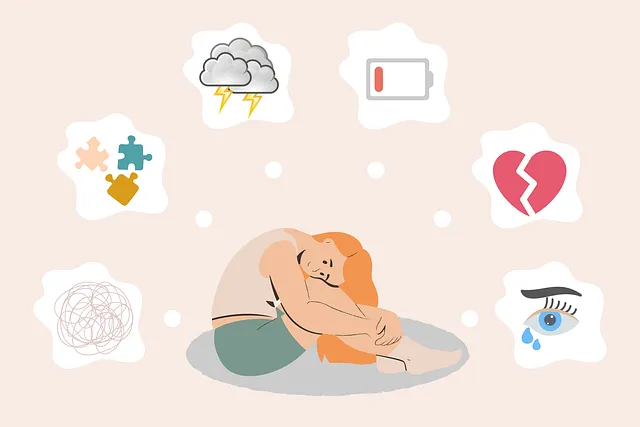
Community engagement and education play a pivotal role in reducing the stigma associated with mental illness in Northglenn. By fostering open dialogues about mental health, residents can better understand the challenges faced by their peers, breaking down barriers and misconceptions. This approach is especially crucial in areas like Northglenn, where access to quality therapists, such as those available at Kaiser, is readily accessible. Engaging the community through workshops, support groups, and awareness campaigns helps to normalize conversations about mental well-being, encouraging early intervention and seeking appropriate guidance, whether it’s for social skills training, burnout prevention, or crisis intervention.
Educational initiatives can empower individuals to recognize warning signs in themselves and others, promoting a culture of care and compassion. These efforts may include teaching coping strategies, stress management techniques, and resilience-building activities. By empowering the community with knowledge about mental illness, Northglenn residents can actively contribute to a supportive environment where those facing mental health challenges feel understood and encouraged to seek professional help when needed, including accessing therapists in their area.
Media Representation and its Impact

The media plays a pivotal role in shaping public perception about mental illness, often influencing how society views and treats individuals struggling with their mental health. Portrayals in movies, television shows, and news coverage can either perpetuate harmful stereotypes or foster understanding and empathy. When media platforms portray mental illness accurately, they contribute to increased Mental Health Awareness, breaking down barriers and encouraging open conversations. This, in turn, can lead to more people seeking help without fear of judgment.
For instance, positive representations in popular media can showcase the journey of individuals effectively managing their conditions, emphasizing recovery and resilience. This is particularly significant for places like Northglenn, where access to quality mental health services, such as those provided by therapists at Kaiser, is essential. By seeing relatable characters navigate their challenges, viewers may feel less alone and more encouraged to prioritize their emotional well-being. Moreover, media with diverse and authentic narratives can challenge stereotypes, promoting a more nuanced understanding of the various forms mental illness can take.
Kaiser's Approach to Stigma Reduction in Northglenn

In Northglenn, Kaiser has been at the forefront of stigma reduction efforts in mental health care. Their approach focuses on providing accessible and compassionate services, ensuring individuals feel comfortable seeking support. The healthcare network offers a diverse range of therapists, catering to various needs and backgrounds, which means there’s likely a good therapist for everyone within their walls. With a commitment to destigmatizing mental illness, Kaiser facilitates open conversations through educational workshops, community events, and individual counseling sessions.
These initiatives aim to promote positive thinking, burnout prevention, and the development of self-care routines for better mental health. By creating an inclusive environment, Kaiser encourages people to prioritize their psychological well-being without fear of judgment. This proactive strategy has undoubtedly made a significant impact on the community, making mental healthcare more welcoming and potentially saving lives.
Mental illness stigma reduction is a multifaceted effort that involves healthcare providers, community engagement, and media representation. By fostering understanding and empathy, we can create a more inclusive society where individuals with mental health challenges receive the support they need. Kaiser’s initiative in Northglenn serves as a promising example of how targeted programs can make a significant difference. With dedicated therapists and comprehensive services, Kaiser demonstrates its commitment to helping folks overcome stigma and live healthier lives. As we continue to prioritize mental health awareness, efforts like these hold great promise for a more accepting and supportive future.
